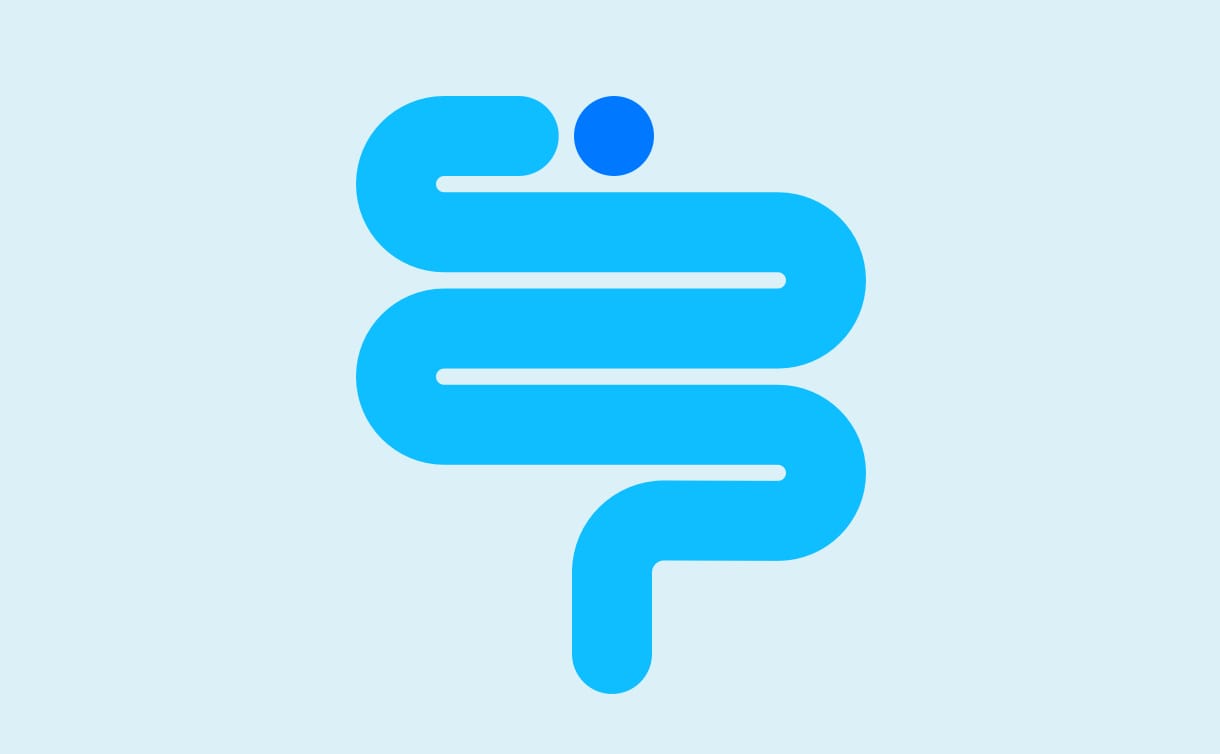
How to make your own braincare routine
The “perfect” braincare routine is the one that suits you.

At Heights, we’re no strangers to braincare. It’s kind of our thing. Because the truth is, a good braincare routine is revolutionary. It’s no exaggeration to say that it can literally change your life.
Looking after your brain is at the centre of everything you feel. But there’s no magic ingredient. It’s about what you do. It’s time to rethink health and wellness, using decades of neuroscience research, to get the world doing more of what they want. And that starts with a braincare routine.
Getting personal
We can’t tell you what goes into your braincare routine. It’s intensely personal, and what works for one person might do absolutely nothing for another. The trick is to experiment—try some things you wouldn’t think of, see what sticks, and mix that into some tried and trusted habits that you know you’ll be able to keep up.
However, there are some basic guidelines that it can be helpful to follow. After all, it’s not always easy to know where to start. That’s where we can help—a little advice, a bit of guidance, some direction—it’s all useful.
Why habits matter
The best supplement is the one you take every day. And the best habits are the ones you stick to. It’s a bit like compound interest—small, regular changes over a long period of time can lead to serious changes.
And of course, the longer you stick to a habit, the easier it becomes to keep going. It becomes ingrained, learned behaviour. You wouldn’t forget to brush your teeth, and after a while, you won’t forget your braincare routine, whatever it contains.
Habits are the basis of any routine—the building blocks to better braincare. So now you just need to decide which you want to do.
The five braincare behaviours
Nourishing your body
99% of us don’t get the nutrition our brains need from our diets alone. So nourishing your body well is the perfect place to start. Whether that means planning weekly meals, following a specific diet (research suggests that the MIND diet, based on the Mediterranean and DASH diets, is excellent for long-term brain health) or taking a high-quality supplement with the essential vitamins and minerals our brains need, base your first braincare habit on nourishment.
Ideas for nourishing your body
Not sure where to begin? Here are some ideas to get you started.
-
Eat a handful of nuts and berries every day.
-
Take a high-quality nutritional supplement with a good combination of essential vitamins and minerals.
-
Have a large glass of water with breakfast.
Moving daily
Our physical fitness isn’t the only thing to benefit from regular exercise—daily movement is a key part of braincare. If you’re already hitting the gym every day, then it’s simple to add into your routine, but if the thought of going for a jog fills you with anxiety, there are all sorts of simpler ways to get moving.
The science shows that exercise has a huge impact on our brains. It triggers the release of ‘feel-good’ neurotransmitters, like serotonin, dopamine, and of course, endorphins, while also supporting your brain’s structure, flexibility, and neuroplasticity.
Ideas for moving daily
If you’re looking for a bit of inspiration, try one of these daily habits.
-
Start the day with a short stretching routine.
-
Designate one meeting a day to be a “walking meeting”.
-
Add some exercise to your commute—get off the bus earlier, park further away, or even cycle to work.
Taking time to pause
Most of us are very, very busy—juggling work, life, admin, deadlines, friendships, relationships. But when you’re constantly on, constantly doing something, it can be hard to find any time in the day to pause.
Practising mindfulness every day can be an antidote to the stresses of modern life, so that you feel calm, steady, and refreshed all in just a few minutes. And if you think mindfulness is just meditation, you’re in for a surprise. There’s an enormous range of activities that help, and can make up a part of your braincare routine.
Ideas for taking time to pause
Mindfulness can sound a bit daunting, but it doesn’t have to be. Start with one of these habits.
-
Use simple breathing exercises to set you up for the day.
-
Keep a gratitude journal (or any other type of journal—whatever works for you).
-
Spend five minutes a day doodling.
Resting regularly
We can last longer without food than without sleep. It’s a non-negotiable. And it’s truly essential for your brain health—when we sleep, our brains effectively clean themselves, so that they can perform at their peak the next day.
Good sleep also affects our productivity, mental health, mood, physical health, and fitness. But even so, it can still feel like a bit of a luxury. When we’re strapped for time, who can afford to switch off for eight hours a day. Of course, that’s just the problem. When we think of sleep as switching off, we’re missing the point. It’s an active process—one that we dedicate time to, and directly benefit from.
Ideas for resting regularly
Want to start sleeping better? These simple tips will help you on your way.
-
Leave your phone outside the bedroom.
-
Switch out the coffee after lunch.
-
Open the window 20 minutes before bed to keep your room cool (this really does work).
Staying curious
Learning new things isn’t just for children, stuck in classrooms watching the clock tick. We learn new things all the time, just in different ways. And the more we learn, the better it is for our brains. That’s why staying curious is one of the key behaviours that you need in your routine.
Lifelong learning is an excellent way to boost your neuroplasticity, keeping your brain flexible, and better able to adapt, develop, and recover. And the good news is that learning can be fun. If you love a crossword or a sudoku, then you’ve got a ready-made habit, but even if you aren’t a fan of brainteasers, there are all sorts of ways to incorporate a bit more learning into your life.
Ideas for staying curious
Not a fan of puzzles? Don’t worry, start your new learning habit with one of these daily activities.
-
Start brushing your teeth with your non-dominant hand.
-
Learn a new fact every day and write it down.
-
Set aside 20 minutes a day to read something.
How to make a new habit stick
Now you’ve got an idea of which habits you want in your braincare routine, it’s time to focus on making it reality. We’ve tried and tested all manner of tips, hacks, tricks and ideas. These are the ones that work.
Habit stacking
As we mentioned earlier, you aren’t going to forget to brush your teeth—it’s already ingrained. So when you’re trying to start a new habit, try doing it at the same time as an existing habit. This is called stacking, and is an easy, effective way of getting something new to stick.
Little and often
It’s always tempting to start big, adding 5 or six new habits to your braincare routine straight away. After all, the sooner your routine is up and running, the sooner you’ll start to feel the benefits.
But it’s not that simple. Creating a high bar straight away will make it really hard to keep up, remember however many new behaviours, and stay motivated to do it all, every day. So start small. Add habits one at a time, and build up your routine over time. No one can do it all at once.
Stay accountable
Tell someone about your new habit. It’s that simple. You don’t need to go around holding a sign, announcing that you’ve started a journal, but if someone else knows about your new routine, you’re more likely to be motivated to keep it up. It’s not too different from peer pressure, but with a positive health outcome.
Example routines from Heights team members
We’ve tried to give you plenty of ideas and guidance to create your own braincare routine, but sometimes it’s still hard to visualise. So to give you a bit of inspiration, we asked several members of the Heights team what their routines look like. This is what they said.
Alexia Brand
I’m not sure I’m quite there with consistency yet, but I’ve been working on a braincare routine that fits in with my schedule. Most of it’s in the evening, when I put aside half an hour to do some drawing, a bit of journalling, and learn a new daily fact (I came up with that one).
I go to a martial arts class a couple of times a week, but I’d say that stretching is a more regular part of my routine—I try to carve out 15 minutes in the morning for it, but if I oversleep, or have an early start, then I’ll just do it in the evening. Better than nothing!
And of course, I take Vitals⁺ and Biotic⁺ every morning, alongside trying to eat as colourfully as I can, to get as many essential nutrients as possible.
Malini Growth
I love exercising, so often find that movement is a big part of my braincare routine.
I always go for a walk before breakfast—I find that the fresh air and exercise really set me up for the day—then I’ll have a glass of water and my Vitals⁺ and Biotic⁺.
I’ve cut back on coffee, particularly in the afternoon, and that combined with a few short walks during the day has really helped my sleep.
Then in the evening, I’ll always set aside half an hour before bed to read—by scheduling it then, it makes it much easier to cut out screen use just before bed.
James Creative
I could definitely do a bit better on my braincare routine, but since joining the team, I’ve been inspired to make a few changes.
I love the non-dominant hand thing—I now always brush my teeth with my left hand, which is a challenge (I’m so right-handed) but it’s like I can feel my brain getting a workout in real time. Running’s never been my thing, but I cycle into the office every day, so I think I get some exercise there. Other than that, I’ve got my Heights, and try to snack on nuts and berries now, rather than biscuits. Regular mindfulness is still difficult, but I’ve started a gratitude journal note on my phone and try to write down a couple of things every day, whenever they come to me.
So there you have it. All the ingredients needed to put together your own personal braincare routine. And if at first it doesn’t work, don’t be afraid to mix it up—try something new, and experiment with different habits. Once you find one that sticks, it’ll be worth it.
Looking for more braincare habits to fit into your everyday routine? Look no further—we’ve listed our 25 favourite ideas here .
Know your own mind?
The average brain health score is 51/100. Take our 3-minute quiz to learn how yours measures up and how to boost it.















